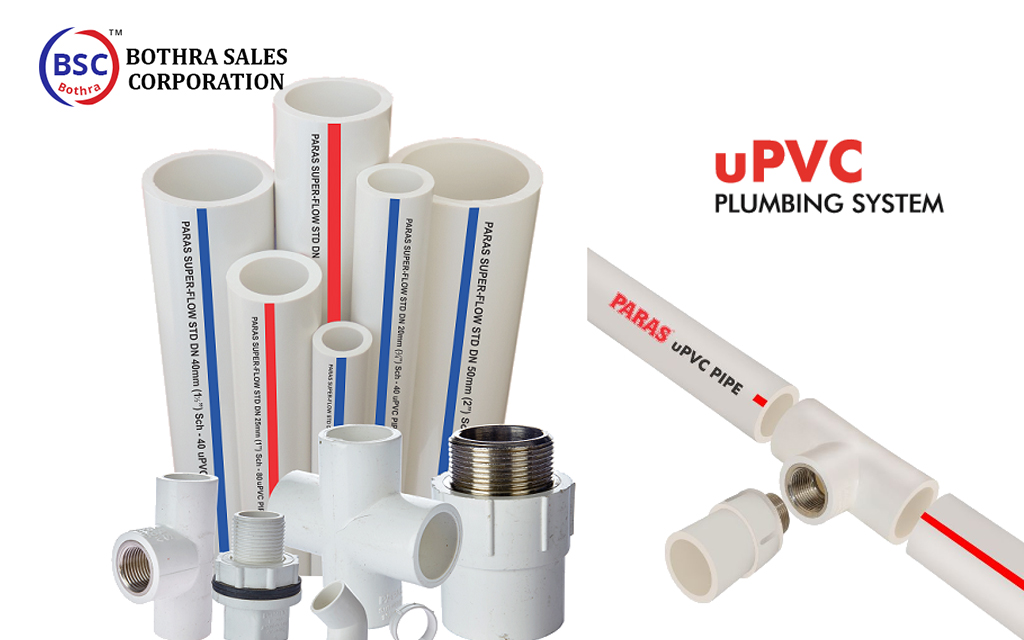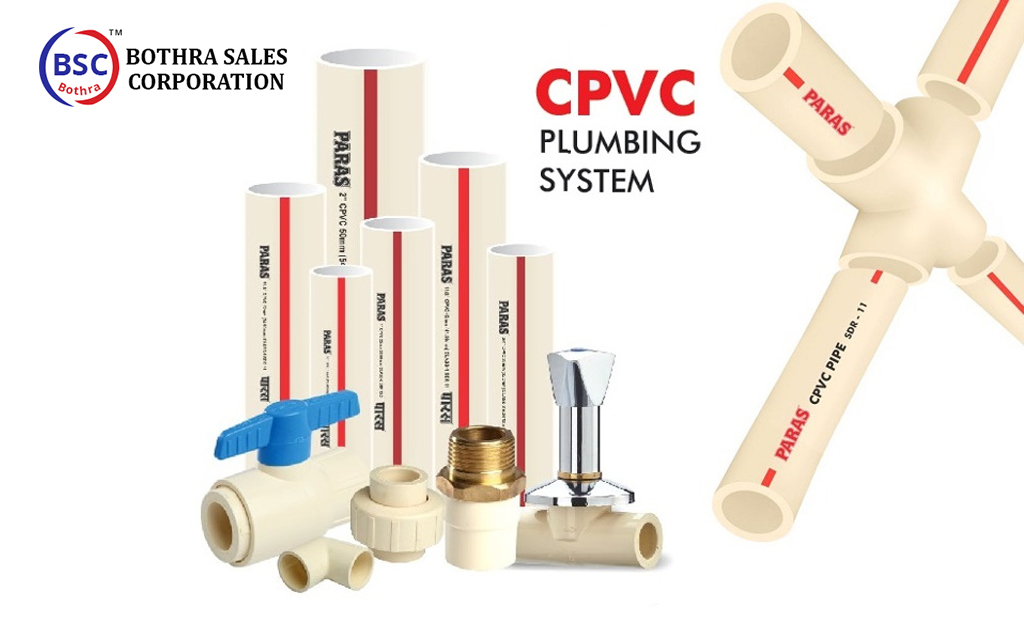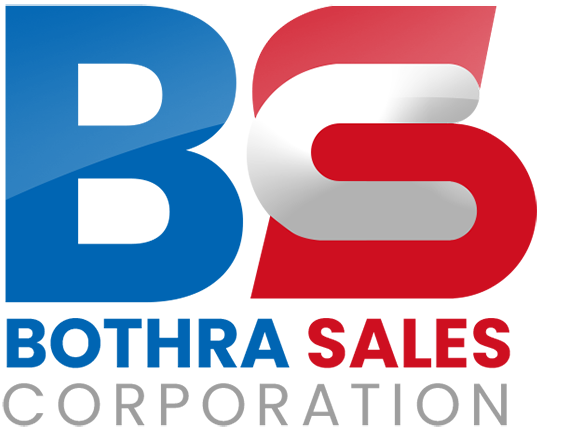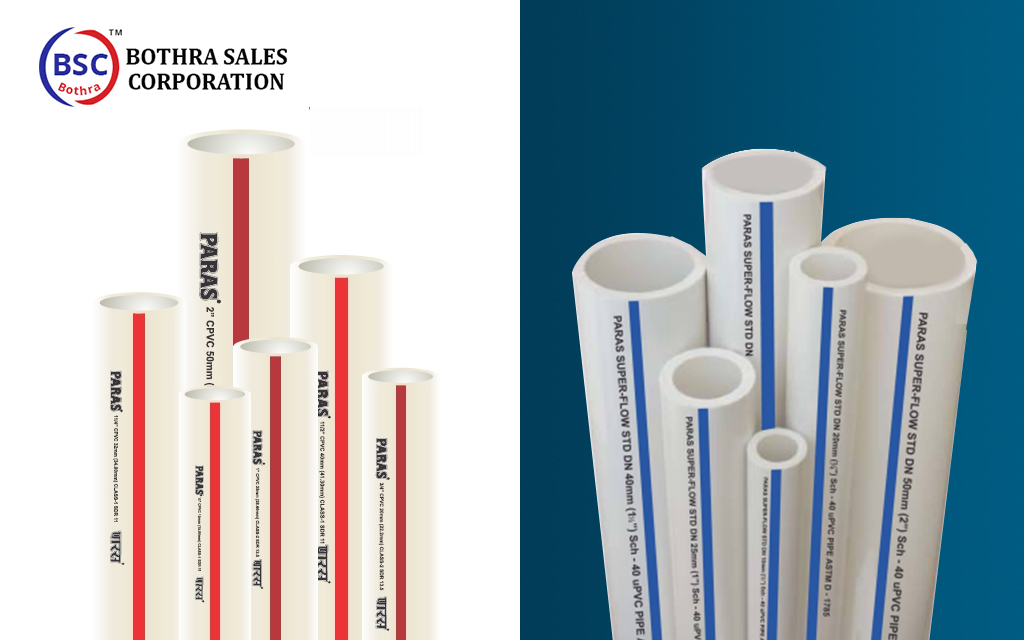What are PVC and UPVC?
PVC (Polyvinyl Chloride) and UPVC (Unplasticised Polyvinyl Chloride) are two kinds of vinyl. They are commonly used in the building industry due to their simplicity and stability in developing different forms.
However, they have various purposes. PVC is also used as a bubble guard and also for siding and fences, while UPVC is used for window and door production. PVC is not appropriate for the design of windows and doors due to its chemical composition.
Why is PVC Suitable for Pipes?
PVC Pipe is a feature of advanced technology that delivers efficient and robust service to a wide range of customers, including builders, engineers, operators, factories, utilities, and irrigation districts. A variety of efficiency advantages mean that PVC brands are now replacing many conventional materials. The benefits of PVC pipes are as follows:
- Lightweight
- Flexibility
- Watertight Joints
- Coefficient of Friction
- Safe Material
- Longer Lengths
- Flame Resistance
- Design Versatility

Are PVC Pipes Food Safe?
If the specific kinds of PVC (UPVC or Rigid PVC) is used, it is entirely safe for use in gardening, aquaponics, clean water supplies, or other systems where it comes into contact with food or drinks. However, it is essential to prevent over-adhesive PVC connexions. Chemicals in PVC cement are not suitable for fruit. This ensures that by using PVC glue, it can be handled sparingly and deliberately so that the additives do not make contact with what is in the tubing or PVC containers.

When using PVC, it is essential to remember that it is appropriate to use food items. One way to be sure is to see if it has the NSF-51 ranking. NSF stands for the National Sanitation Foundation, an agency that sets and checks public health and environmental quality standards. NSF-51 rating indicates that plastic follows the “Plastic Materials and Parts Used in Food Appliances” standard, which implies that plastics are suitable for use in items that come into contact with food and drinks.
Can We Insulate PVC Pipes?
Polyvinyl chloride, or PVC, is one of the most popular plumbing pipe components in modern homes. PVC is cheap, avoids corrosion and build-up of sludge, is easy to cut and attach, and is non-toxic. PVC, though, can drop several degrees of temperature heat in uninsulated areas. It is advised that you insulate your hot water pipes to increase water pipe temperatures and conserve electricity. Isolate with preformed, tubular-sleeve insulation.
What is the Life Expectancy of PVC Pipe?
A recent PVC pipe research provides the first systematic environmental analysis of substrate PVC pipes for drinking water, sanitary sewers, and storm PVC sewer pipe systems, relying on a 100-year life cycle analysis (LCA) approach.
The study analyses underground pipe systems, the useful life of sewer pipes, and ABS pipe life expectancy in the sense of delivering sustainable water and wastewater operation over 100 years:
- With a reduced risk of deteriorating water quality;
- At the same time as reducing running, maintenance, and repair costs;
- Taking into account factors that may affect pipe efficiency and operation-level expectations.
Bothra Sales Corporation provides the best PVC pipes for bubble guard and also for many more things. They perform extensive PVC pipe research to supply its customers with quality PVC pipes that have long water pipe life expectancy, the design life of PVC pipe, and a prolonged PVC pipe deterioration rate.

